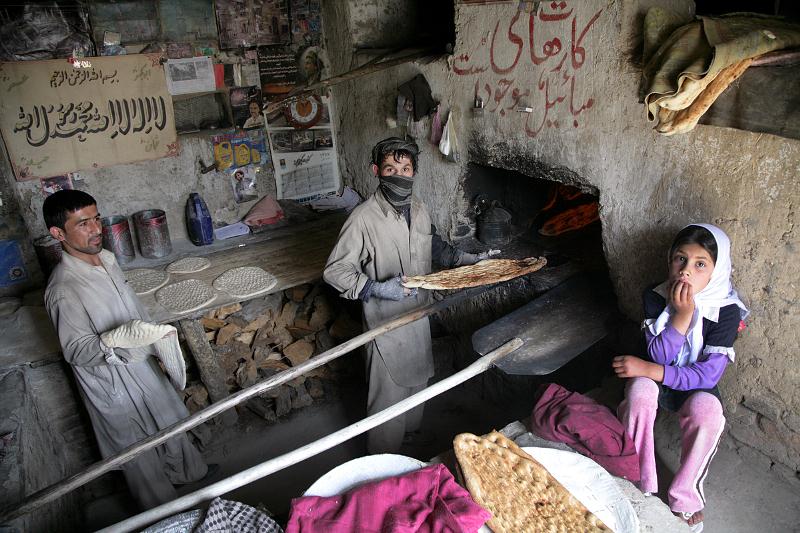KABUL -Despite “significant progress” made over the past decade in boosting Afghanistan’s economy, much more needs to be done to sustain high and inclusive economic growth as the country goes through political and security transitions, according to the latest assessment of the Afghan economy by a United Nations specialized agency that works to foster global growth and economic stability.
“With significant domestic efforts and donor support, Afghanistan has maintained macroeconomic stability, implemented important structural reforms, and built policy buffers – namely a comfortable international reserves position, low debt and inflation, and balanced budget and external current account positions,” the International Monetary Fund (IMF) said in its annual report on Afghanistan’s economic situation, released last week. “Nonetheless, significant vulnerabilities remain and several reforms have been delayed.”
The assessment noted that economic activity has been affected by political and security uncertainties over the past two years and the drawdown of international troops. “These uncertainties reduced confidence, discouraged private investment, and held back economic activity,” it added.
On 5 April, Afghanistan held Presidential and Provincial Council elections. The Presidential elections, which mark the first-ever transfer of power from one elected president to another in the country’s history, are now in a run-off stage after none of the candidates in the April vote achieved the 50 per cent plus one result needed to win in the first round. Two leading candidates from that round, Dr. Abdullah Abdullah and Dr. Ashraf Ghani Ahmadzai, will compete in the second round to be held on 14 June.
The political transition coincides with security transition with the Afghan forces taking over full security responsibility from their international partners, who are ending their combat mission at the end of this year.
According to the IMF, economic growth slowed from 14 per cent in 2012 – boosted by a bumper harvest – to an estimated 3.6 per cent in 2013. Inflation remained in single digits, at 5.6 per cent year-on-year in March 2014. International reserves also remained at a comfortable level equivalent to over seven months of imports.
“This year, 2014, is crucial in the political and security transitions and the run-up to the ‘transformation decade,’ which starts in 2015,” the IMF said in its report. “Assuming smooth political and security transitions, continued reform and donor financing, the outlook should be positive.”
The assessment also noted that large security and development expenditure needs and a limited domestic revenue capacity mean that Afghanistan will remain dependent on donor financing for an extended period. “In addition to donor support, macroeconomic stability, structural reforms, and political and security stability are needed to ensure durable and inclusive growth,” the IMF said.
The financial agency also noted that Afghanistan’s budget revenue performance deteriorated significantly in 2012 - 2013, despite additional measures, and was short of the targets established in June 2012.
“The revenue shortfall resulted in a tight cash position for the treasury and required limiting expenditure. As a result, expenditure as a share of GDP declined in 2013,” it added.
The IMF noted progress made in structural reform efforts, but said implementation was slower than planned. Some of the major accomplishments included publishing the inquiry into the Kabul Bank crisis; submitting the new banking, value added tax, and tax administration laws to parliament; strengthening border control management; and adopting a strategic plan for financial supervision.
“However, delays have been encountered in introducing the value added tax and submitting to parliament the laws on anti-money laundering and countering of financing of terrorism, and amendments to the central bank law,” it noted.






